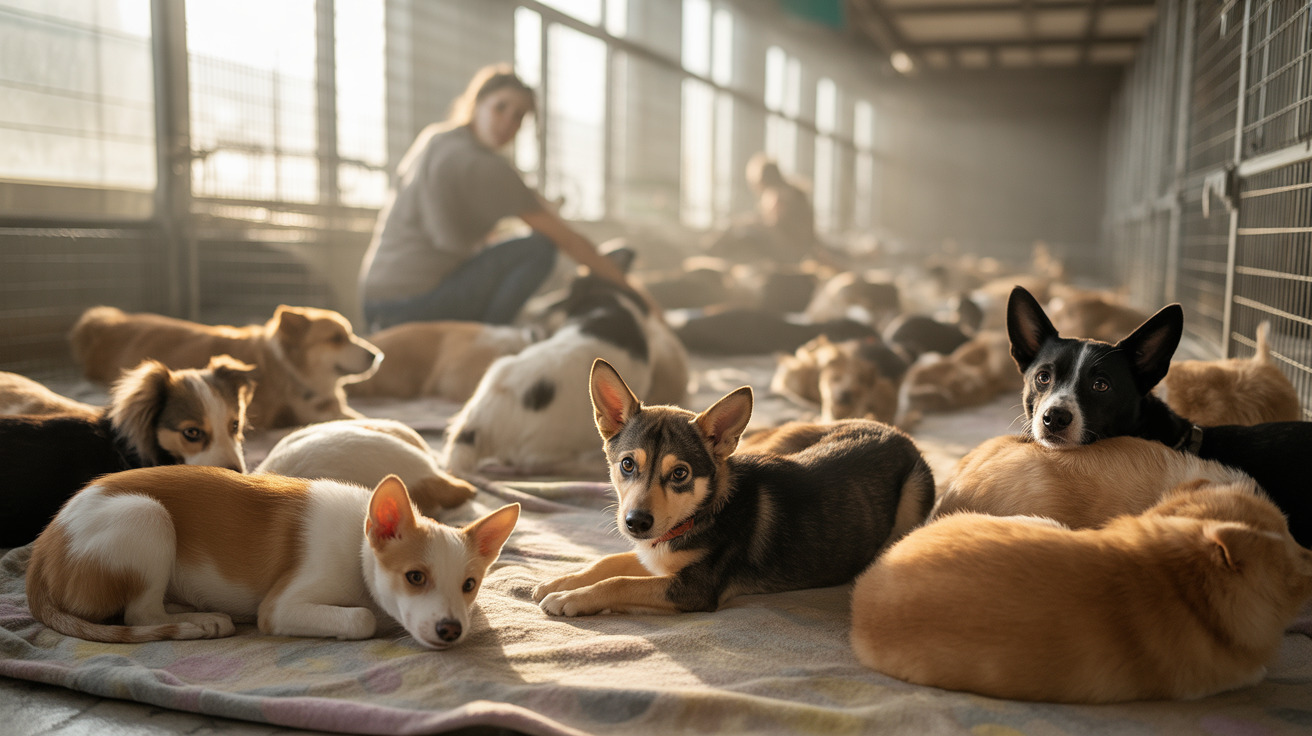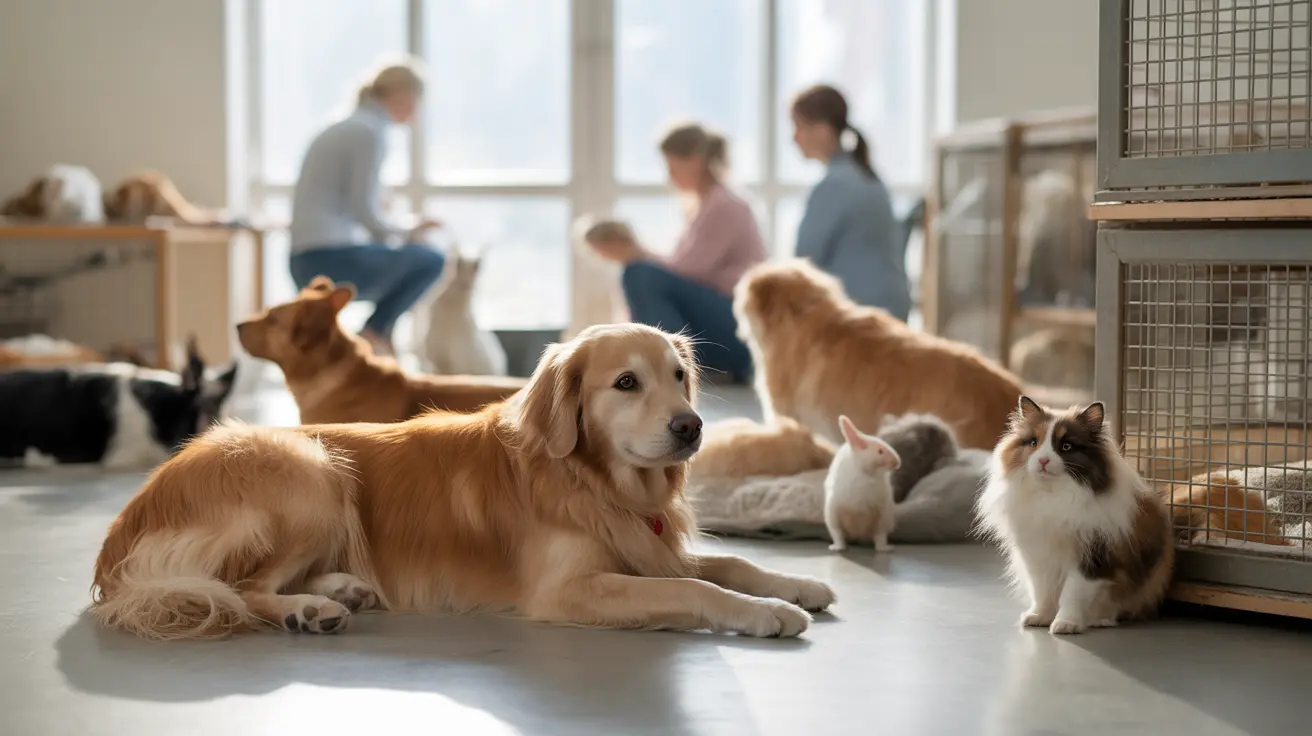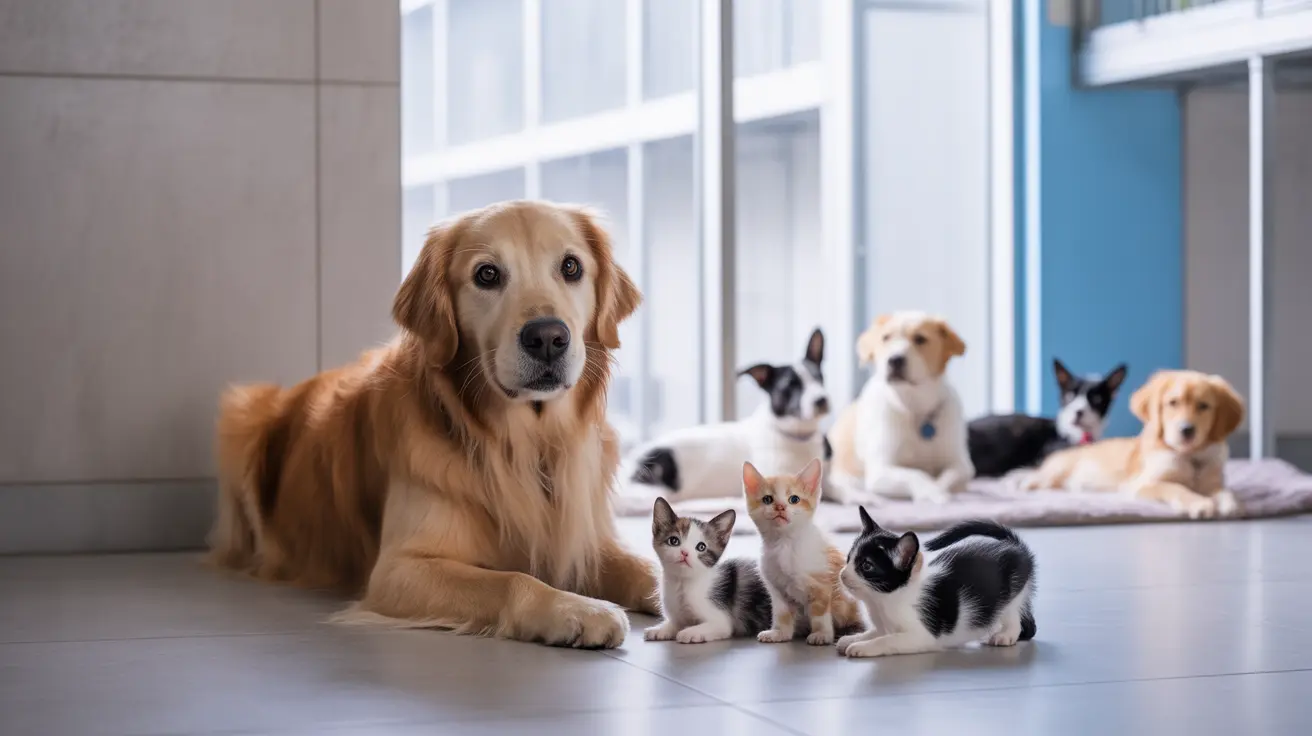Why Do Dogs Eat Poop? Understanding Coprophagia in Dogs
Coprophagia—yes, that's the technical term for stool eating—is a surprisingly common behavior in dogs. While it's not exactly a dinner-table topic, understanding why your dog might snack on something so unappetizing can help you address the issue calmly and effectively.
Normal Reasons Dogs Eat Poop
Not all poop-eating is cause for alarm. In fact, there are several natural explanations:
- Puppies and Nursing Mothers: Female dogs often clean up after their puppies to keep the den tidy and reduce the risk of parasites. Puppies may mimic this behavior or simply explore with their mouths out of curiosity. Most grow out of it as they mature.
- Instinctual Behaviors: Some experts believe coprophagia is inherited from wolves, who sometimes consume feces in the den to maintain cleanliness and minimize parasite exposure.
- Exploring the World: Dogs use their mouths to investigate new things. Sometimes, that means tasting stool just to see what it's about.
- Taste Preferences: For reasons known only to them, some dogs enjoy the taste or texture of certain stools—especially those from other animals like cats or horses, which may contain undigested nutrients.
Abnormal or Concerning Causes
If your dog suddenly starts eating poop or does so persistently, there could be underlying issues at play:
- Hunger or Nutritional Deficiencies: Underfed dogs or those lacking certain nutrients may look for alternate food sources. Poor-quality diets can increase this risk.
- Disease and Medical Conditions: Health problems such as diabetes, Cushing’s disease, thyroid disorders, digestive issues, intestinal parasites, or medication side effects can increase appetite or disrupt nutrient absorption—leading to coprophagia.
- Anxiety and Stress: Stressed dogs may eat stool as a coping mechanism. Confinement, boredom, lack of enrichment, or punishment during house training can all contribute.
- Boredom: A dog left alone too long without stimulation might turn to eating poop just for something to do.
- Attention Seeking: If eating poop gets a big reaction—even negative attention—some dogs will repeat the behavior for the drama alone.
Patterns and Breed Tendencies
You might notice certain patterns if your dog is a regular offender:
- Most prefer fresh stools (one to two days old).
- The majority avoid their own feces but go after those from other animals or dogs.
- Certain breeds—like terriers, hounds (including Shetland Sheepdogs and Beagles), and Labrador Retrievers—are more prone due to curiosity or food motivation.
This behavior isn't linked to age, diet quality (unless deficient), or house training difficulties specifically.
Health Risks of Coprophagia
You might worry about what your dog could pick up by eating feces—and you're right to be cautious. Stool can transmit internal parasites like hookworms and roundworms as well as bacteria and viruses. Feces from other animals (for example, horse manure containing dewormers) may also contain toxins that are dangerous for your dog. There's even a small chance of zoonotic transmission if your dog licks you after indulging in this habit.
Tackling Poop Eating: What Works?
- Veterinary Check-Up: Always start by ruling out medical causes with your vet—especially if this is a new behavior or accompanied by other symptoms like weight loss or lethargy.
- Nutritional Support: Feed high-quality food in appropriate portions on a regular schedule so your dog isn’t hungry between meals.
- Prevent Access:
- Scoop up feces promptly from yards and walks.
- Restrict access to cat litter boxes using gates or by placing them out of reach.
- Supervise outdoor time and redirect attention when needed.
-
Positive Reinforcement Training:
- Teach commands like "leave it" using high-value treats as rewards for ignoring stool.
- Praise your dog when they avoid temptation rather than scolding them for mistakes.
-
Mental Enrichment:
- Toys, games, exercise sessions—all help prevent boredom that leads to bad habits.
- Avoid punishment; it increases anxiety and can make things worse.
- Certain supplements claim to make feces taste unpleasant but have limited scientific backing; always consult your vet before trying these.
- If living with sick or incontinent pets: use gates/crates and clean up quickly.
- If nothing works: seek help from a veterinary behaviorist.
Puppy-Specific Tips
- Tightly manage schedules for potty breaks; praise good elimination habits.
- Avoid oversized crates; keep sleeping areas clean.
- No discipline for accidents—focus on positive routines.
If Your Dog Raids Cat Litter Boxes…
- Scoop litter boxes frequently.
- Add physical barriers so only cats can access them.
If you catch your dog eating poop: stay calm. Redirect gently and stick with consistent management strategies. And if anything seems off health-wise—or the habit starts suddenly—call your veterinarian right away. With patience (and maybe some gloves), most owners can get this messy problem under control!





